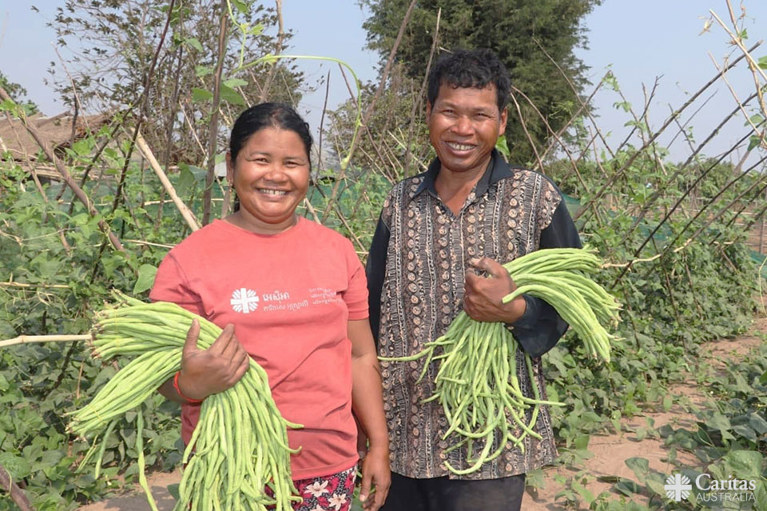Impacts of COP26 on climate justice
04 Nov 21

As the world continues to grapple with COVID-19 and the fast-closing window of opportunity to avoid the looming effects of ecological changes, the timing of the 26th United Nations Climate Change conference (commonly known as COP26) could not be better.
COP26 began last Sunday in Glasgow, Scotland and runs until 12 November 2021, with leaders from more than 100 countries present at the event.
Achieving all that COP26 is aiming to will help pave the road towards slowing the pace of environmental impact brought on by temperature rises that could potentially bring more extreme weather events, accelerate sea levels rising and destabilise climate systems.
For this conference, 200 countries are being asked for their plans to cut emissions by 2030.
Unfortunately, those least responsible for environmental changes are often the most affected by extreme weather events and rising sea levels. These environmental changes often have disproportionate effects on people who are already living in poverty. Farming seasons have become more unpredictable, making it harder for rural farmers to grow crops and earn a sustainable income.
Supporting communities to adapt to environmental changes
The Upholding Community Dignity Together (UCDT) program, supported by Caritas Australia with eight local NGO implementing partners in Cambodia, helps communities deal with the ongoing effects of environmental changes and natural disasters.
The program aims to enhance resilience to the effects of environmental changes and natural disasters, and improve food and income security.
Through your ongoing support and generosity, the UCDT is able to provide help to vulnerable communities dependent on subsistence agriculture for livelihoods in Cambodia to improve income and security.
The program helps enhance their capacity of farming production, access to markets, as well as increasing water sources for agriculture productivity. Careful management of environment and climate impacts, increasing resilience and improving future prospects are key elements the program.
The project works with Commune Committees for Disaster Risk Management to strengthen their capacity to prepare for and respond to disasters at community and household levels, making vulnerable and marginalised people less exposed to crises and disasters and better prepared to respond and recover.

So far, the program has helped:
1,668 participants apply enhanced farming techniques in agricultural and/or aquaculture practices. As a result of small scale irrigations, 1,425 participants have improved access to water for agricultural production.
531 farmers improve their access to market through the support of Agricultural Cooperatives and facilitating linkages with middle men.
1,062 adult participants are trained in disaster risk reduction and with planning to implement at least two priority preparedness activities.
39 villages develop community-led disaster risk management plans and 1,062 community members increase their capacity in disaster preparedness.
Through your support, vulnerable communities in Cambodia and the rest of the world can learn about disaster risk management and be better prepared to deal with the ongoing effects of environmental changes.
Learn more about how your support can help marginalised communities to adapt to the challenges of extreme weather events.
Along with your generous support, this program is supported by the Australian Government through the Australian NGO Cooperation Program (ANCP).